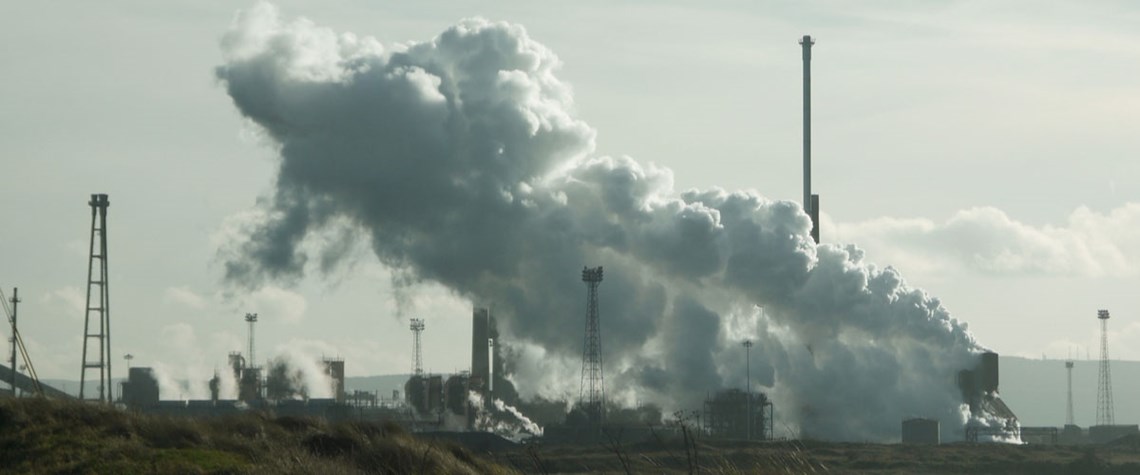CCUS must grow 120-fold by 2050 to meet net zero
Current rate of deployment too slow to meet even 2°C warming target, consultancy McKinsey says
Deployment levels of carbon capture, utilisation and storage (CCUS) technology need to grow by 120 times by 2050 to meet the world’s existing net-zero commitments, according to consultancy McKinsey. The current growth rate could be too slow even to limit global warming to 2°C this century, it says. Capacity would need to reach 715mn t/yr by 2030 and 4.2gt/yr by 2050—although other estimates range from 6-10gt/yr by mid-century—to achieve the net-zero commitments pledged by 64 governments at Cop26, McKinsey says. Based on the current project pipeline, the consultancy expects about 110mn t/yr of CO₂ to be captured by 2030. Private sector investment in CCUS will be crucial. McKinsey puts the cos

Also in this section
9 January 2026
A shift in perspective is needed on the carbon challenge, the success of which will determine the speed and extent of emissions cuts and how industries adapt to the new environment
2 January 2026
This year may be a defining one for carbon capture, utilisation and storage in the US, despite the institutional uncertainty
23 December 2025
Legislative reform in Germany sets the stage for commercial carbon capture and transport at a national level, while the UK has already seen financial close on major CCS clusters
15 December 2025
Net zero is not the problem for the UK’s power system. The real issue is with an outdated market design in desperate need of modernisation







